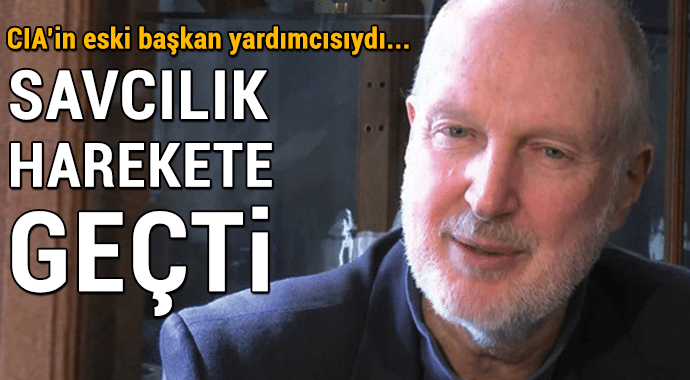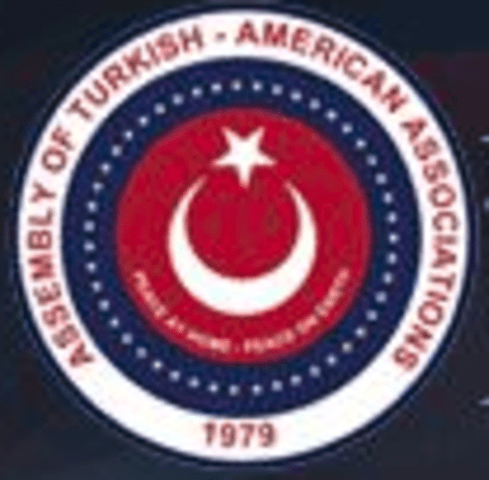Pulat Tacar [tacarps @gmail.com]
17 yıldır bütün hesaplar Bağdat’tan dönüyor ve biz yanlış ve hezimetlerden ders almamak hususunda inatla direniyoruz…

Turkey: Ergodan Has Badly Overplayed His Hand in the Khashoggi Affair
by Con Coughlin • October 5, 2019 at 5:00 am
§ Mr Erdogan, who has been the main driving force behind efforts to cause the Saudis maximum discomfort, now has an abundance of problems of his own, challenges which could spell the end of his 16-years in charge. After Mr Erdogan’s Islamist AKP party lost badly in last April’s mayoral election for control of Istanbul, the Turkish leader now finds himself trying desperately to salvage Turkey’s battered economy, where the currency is in free fall, foreign debts remain vast, and inflation and joblessness are alarmingly high.
§ Many Turks blame their country’s plight on Mr Erdogan’s obsession with pursuing his radical Islamist agenda, which includes supporting groups like the Muslim Brotherhood.
§ Many prefer him to concentrate instead on addressing their domestic concerns, a view the Turkish president would be well-advised to take on board if he intends to remain in power.

If Mr Erdogan’s aim throughout this process was to cause the Saudi Crown Prince maximum embarrassment, the ploy has failed miserably. (Photo by Stephanie Keith/Getty Images)
A year after the brutal murder of Saudi dissident Jamal Khashoggi, attempts by Turkish President Recep Tayyip Erdogan to exploit the controversy to boost his own political standing have back-fired.
Ever since Mr Khashoggi was murdered moments after entering the Saudi Arabian consulate in Istanbul in October last year to obtain documentation for his forthcoming marriage, Mr Erdogan has skilfully exploited the incident to cause maximum embarrassment to Saudi Crown Prince Mohammed bin Salman, whom he regards as one of his major regional rivals.
Ankara has been at loggerheads with Riyadh ever since the Muslim Brotherhood, a key ally of Mr Erdogan, came to power in Egypt in 2012, a move bitterly resisted by the Saudis, who regard the Brotherhood as a terrorist organisation.
Indeed, one of the reasons the Saudis targeted Mr Khashoggi in the first place was because of his close links with the Brotherhood, as well as his close relationship with Qatar, the Gulf state that is bitterly opposed to the Saudi royal family and is one of the Brotherhood’s most important backers.
Khashoggi’s gruesome fate was very much the consequence of this complex web of bitter regional rivalries between prominent Muslim leaders, so that when a team of Saudi assassins carried out their plot to silence Khashoggi’s high profile criticism of the Saudi regime — his columns regularly appeared in the Washington Post, among other prominent publications — Mr Erdogan responded by doing everything in his power to orchestrate an international campaign denouncing the Saudi crown prince.
Thus, in the immediate aftermath of the Khashoggi killing, the Turkish authorities oversaw a steady drip-feed of revelations about the murder that were acquired as a result of numerous bugging devices that had been placed in the Saudi consulate by Turkish intelligence. Turkish efforts to maintain their anti-Saudi public relations offensive have continued right up until the first anniversary of his death, which fell earlier this week, with new, even more graphic, details of how Mr Khashoggi met his end being made available to Western media organisations such as the BBC, which this week broadcast a programme claiming to have the “secret” tapes of Khashoggi’s last moments.
If Mr Erdogan’s aim throughout this process was to cause the Saudi Crown Prince maximum embarrassment, then, to judge by the way Saudi Arabia’s de facto ruler is conducting himself, the ploy has failed miserably.
There was, of course, much speculation in the immediate aftermath of the affair that MbS, as the Saudi Crown Prince is universally known, might be removed from his position over claims that he was personally responsible for ordering the murder, which was very much the line being pushed by Mr Erdogan in the Western media.
A number of administrative changes were indeed made to the running of the Saudi royal court. But as no conclusive evidence has been produced to link MbS directly to the killing, his position as the key figure in the Saudi regime appears undiminished. Moreover, his candid acceptance, in an interview with the PBS network aired this week, that ultimate responsibility for the Khashoggi killing rests with him because the murder happened on “my watch” appears to have drawn a line under the affair so far as most Western governments are concerned, with the US, as well as most European countries, slowly adopting a “business as usual” approach to their dealings with the Saudis.
By contrast, Mr Erdogan, who has been the main driving force behind efforts to cause the Saudis maximum discomfort, now has an abundance of problems of his own, challenges which could spell the end of his 16-years in charge. After Mr Erdogan’s Islamist AKP party lost badly in last April’s mayoral election for control of Istanbul, the Turkish leader now finds himself trying desperately to salvage Turkey’s battered economy, where the currency is in free fall, foreign debts remain vast, and inflation and joblessness are alarmingly high.
Many Turks blame their country’s plight on Mr Erdogan’s obsession with pursuing his radical Islamist agenda, which includes supporting groups like the Muslim Brotherhood.
Many prefer him to concentrate instead on addressing their domestic concerns, a view the Turkish president would be well-advised to take on board if he intends to remain in power.
Con Coughlin is the Telegraph‘s Defence and Foreign Affairs Editor and a Distinguished Senior Fellow at Gatestone Institute.










